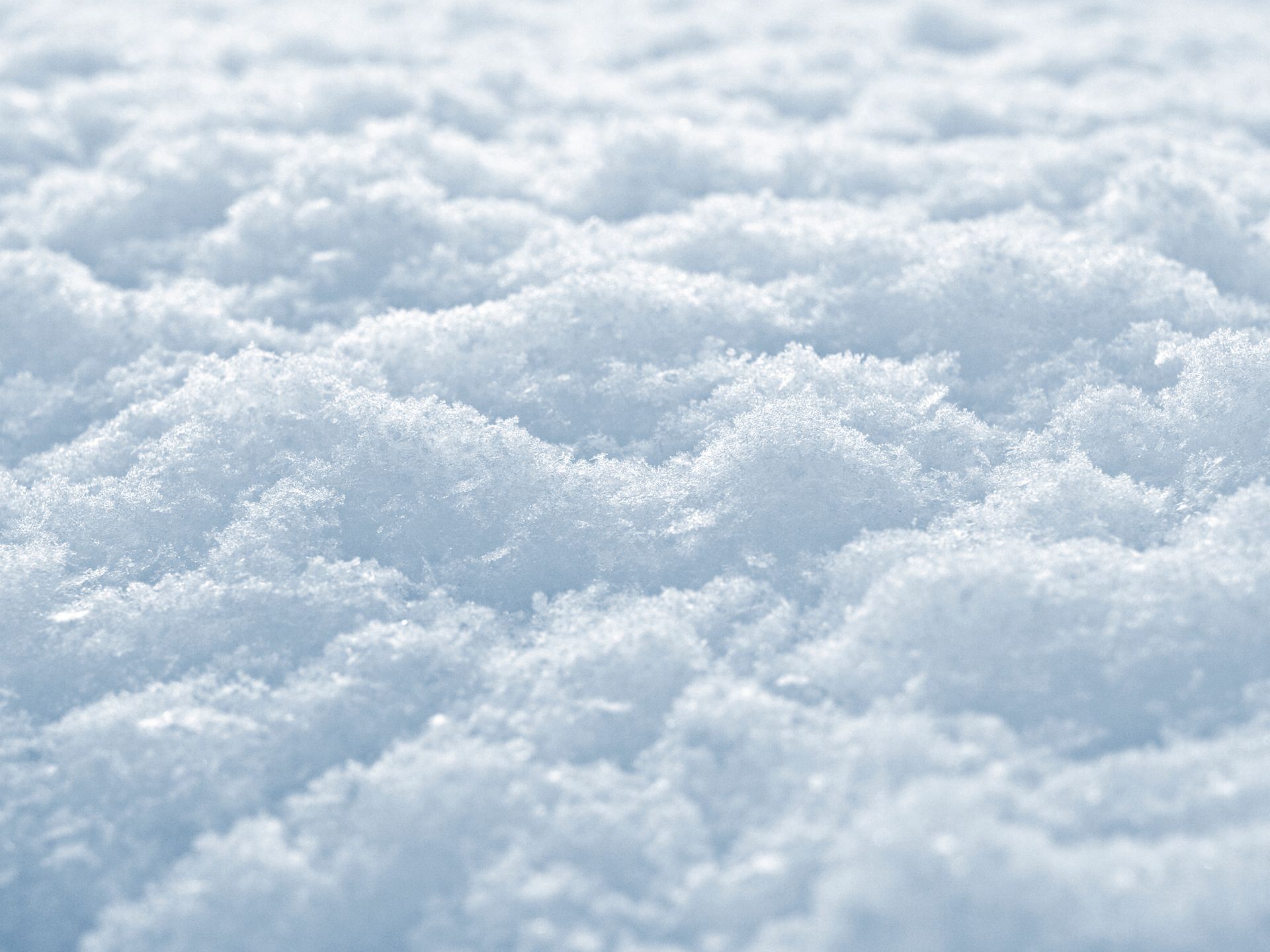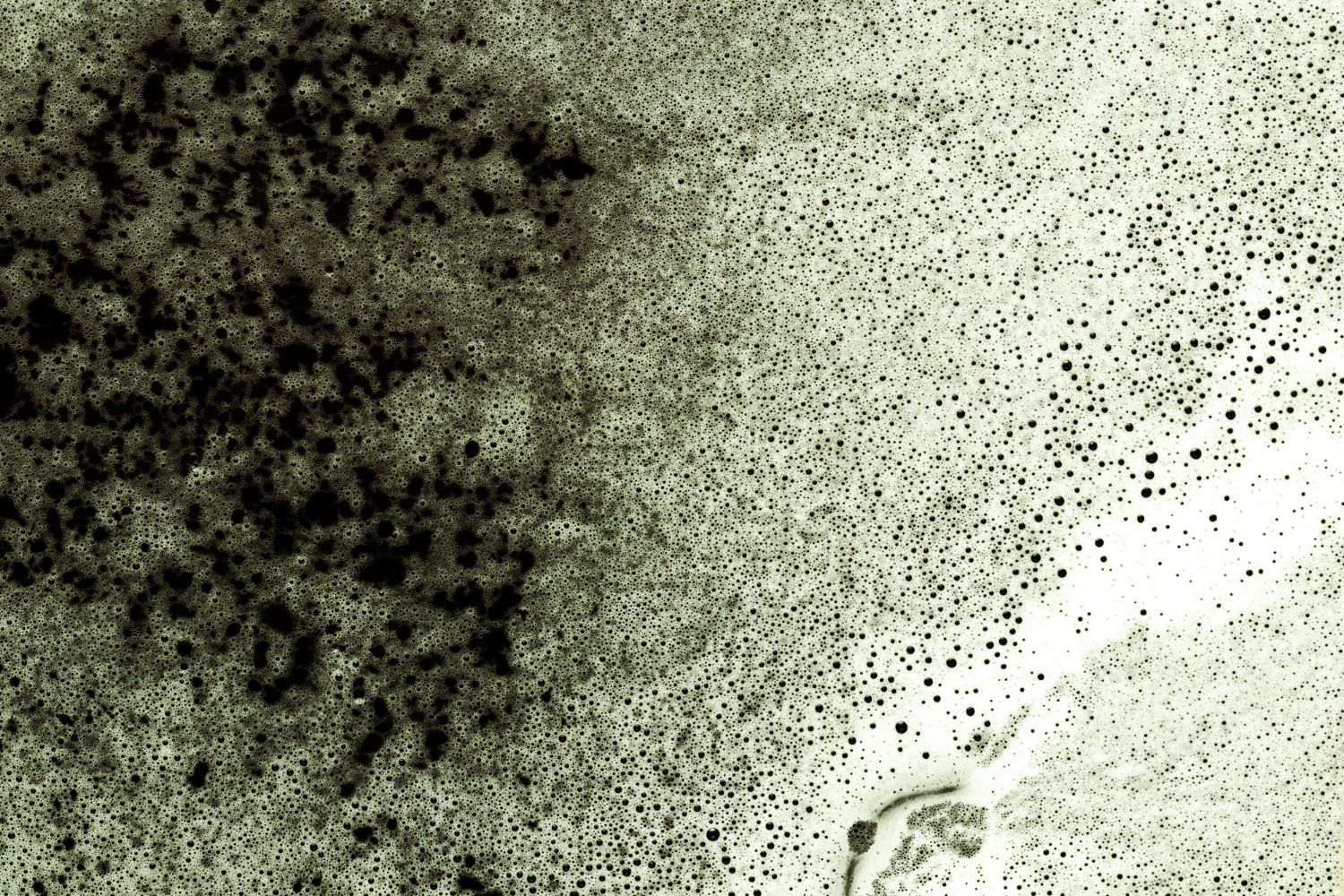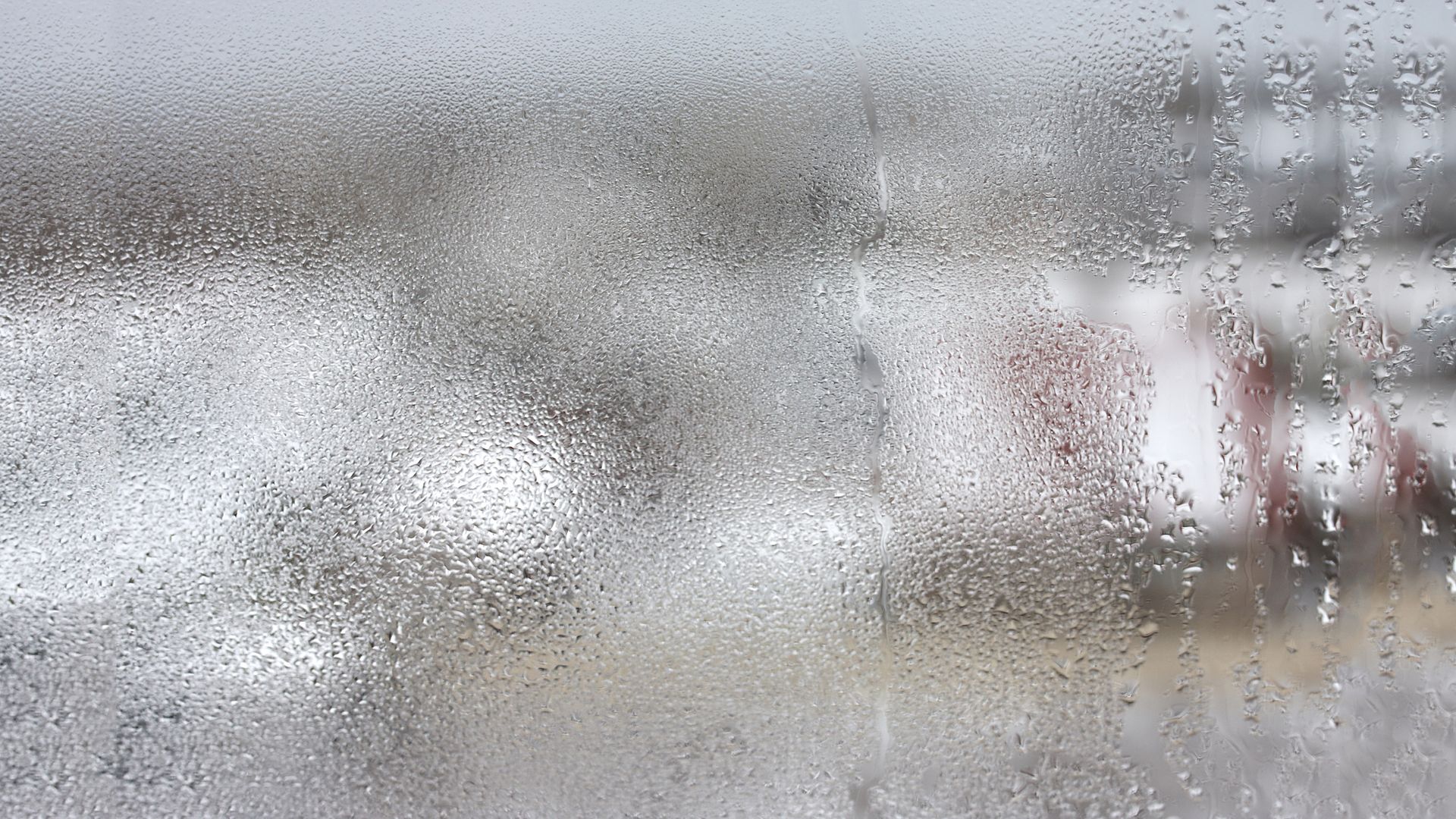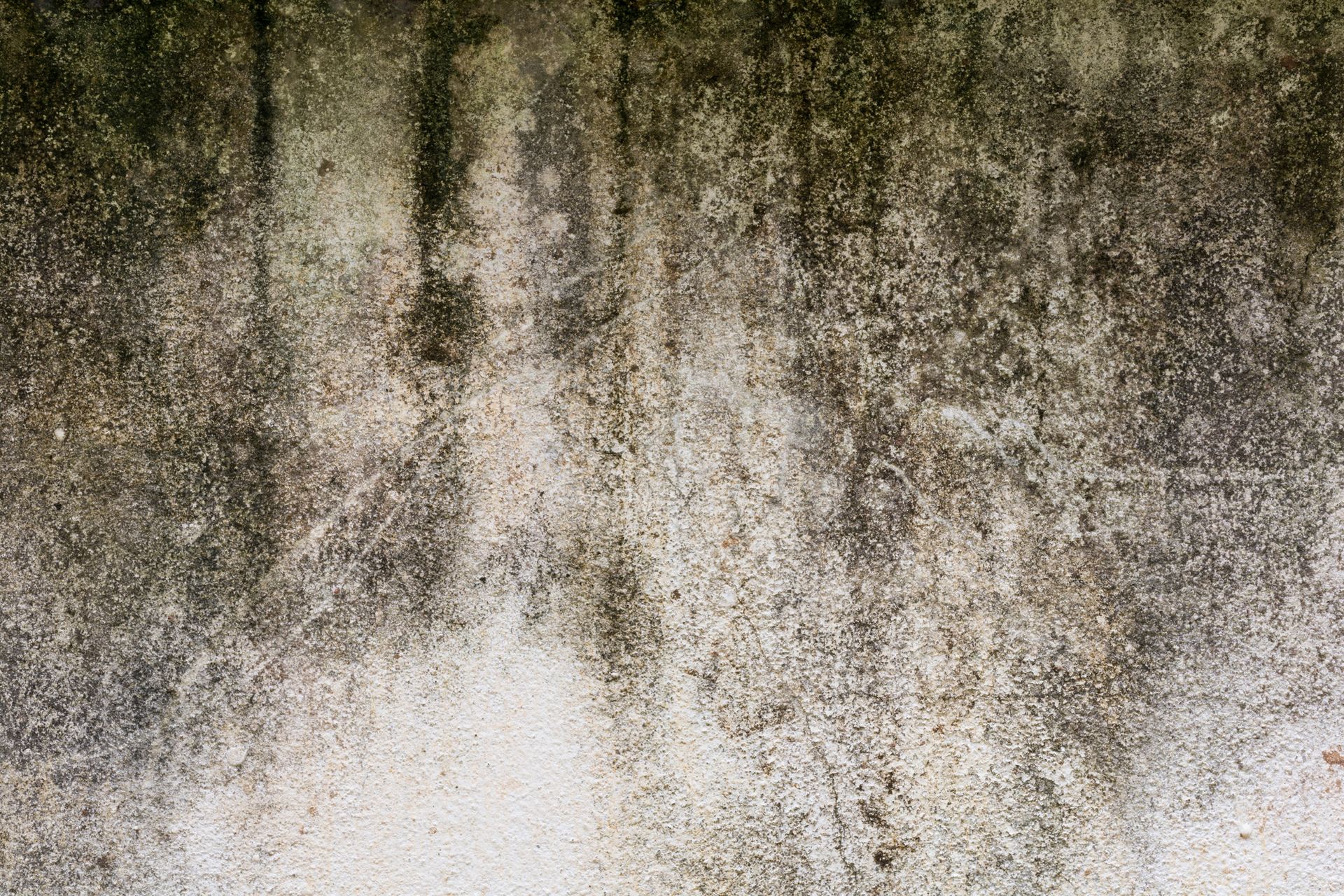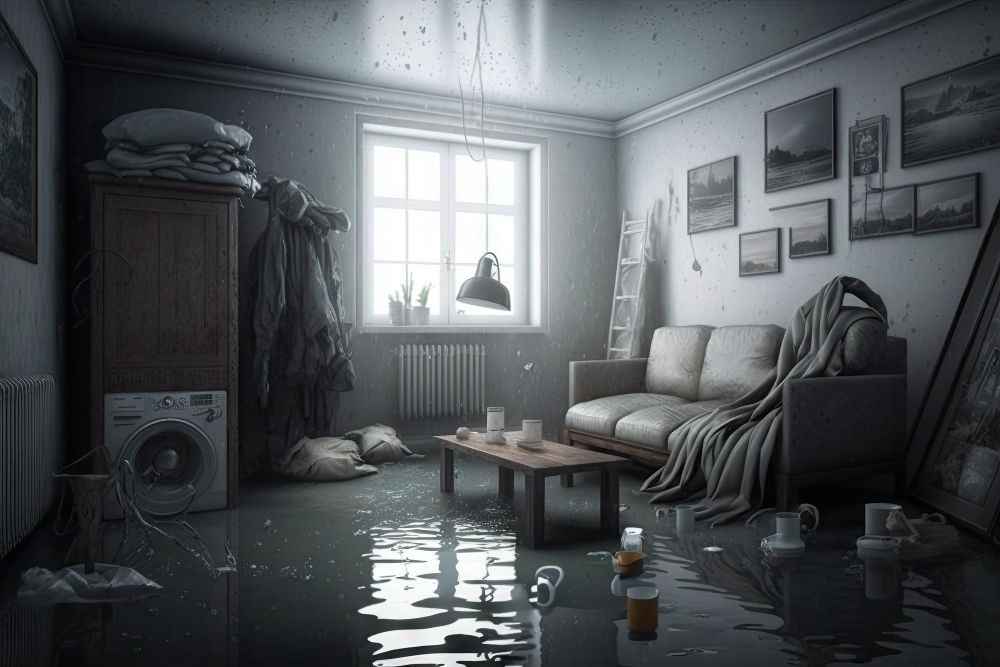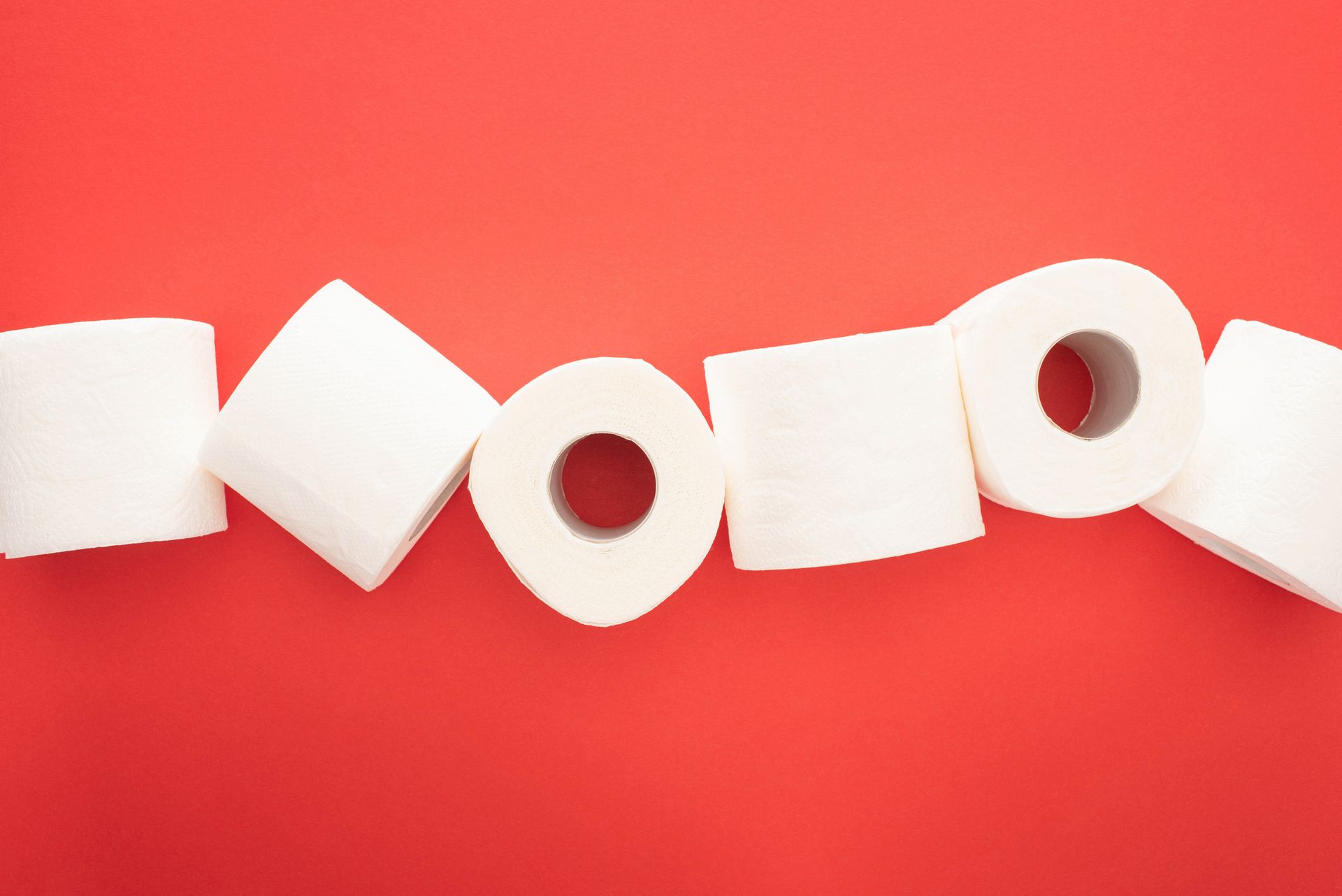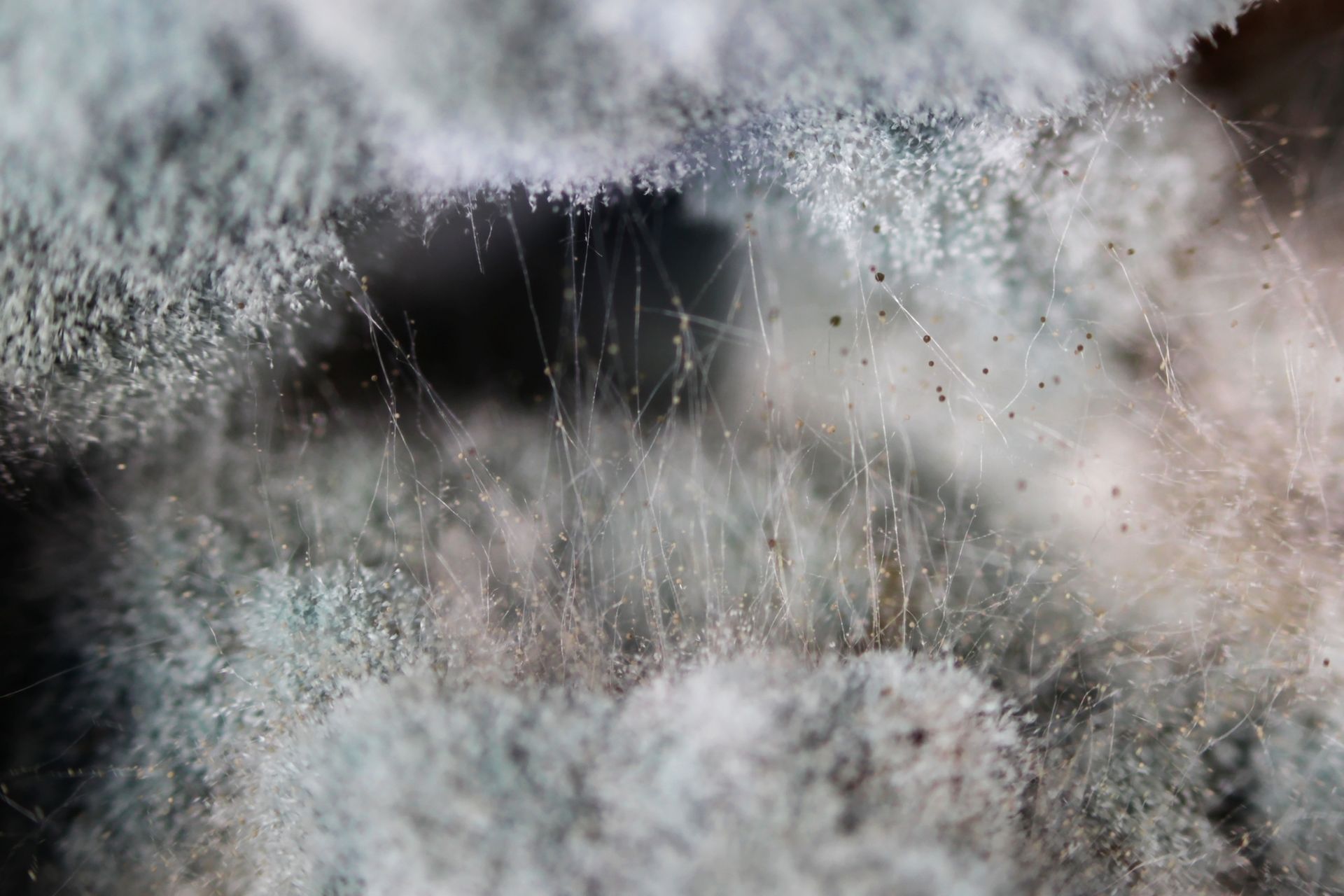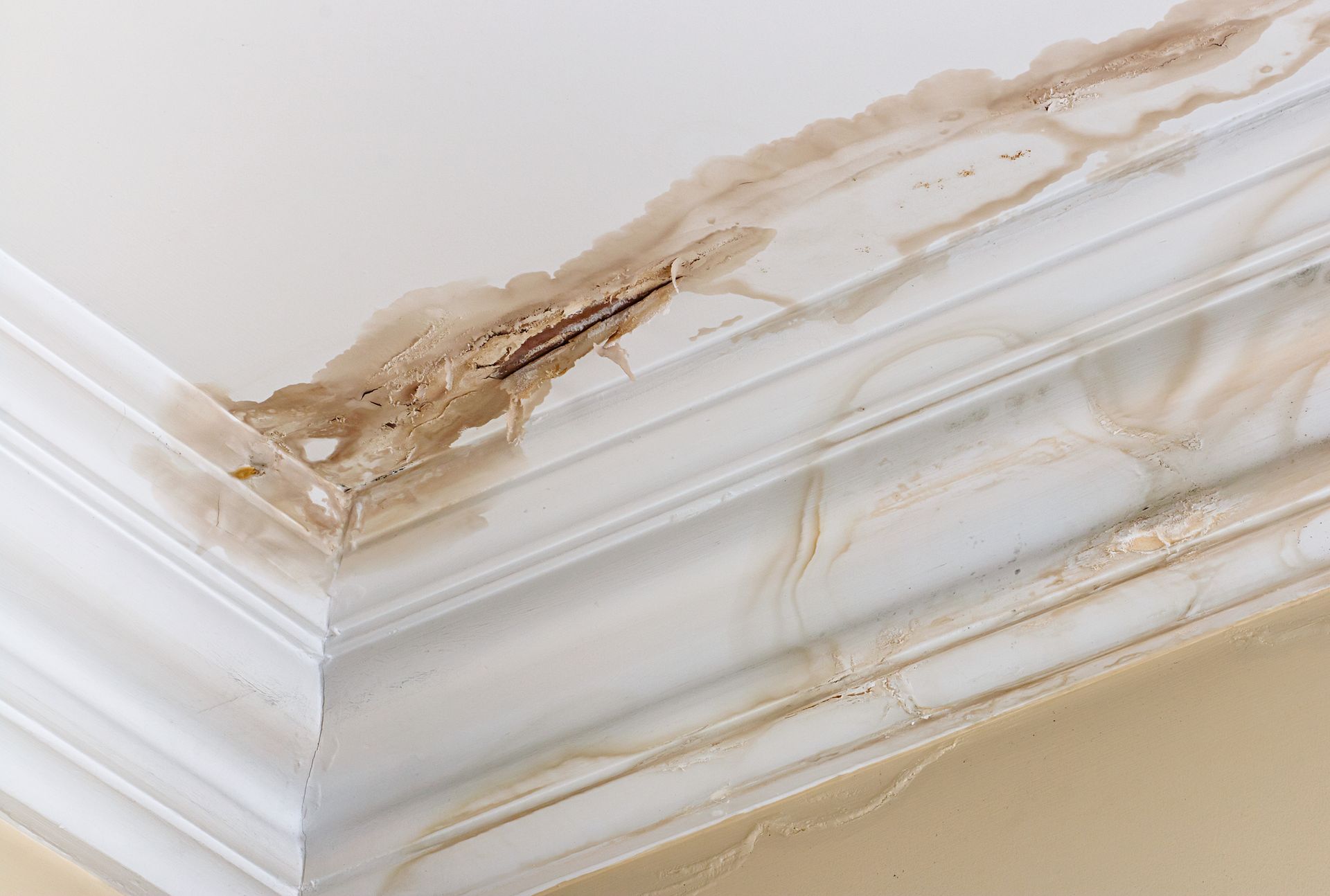FAQs About Water Damage
FAQs About Water Damage: Everything You Need to Know -Queens, NY
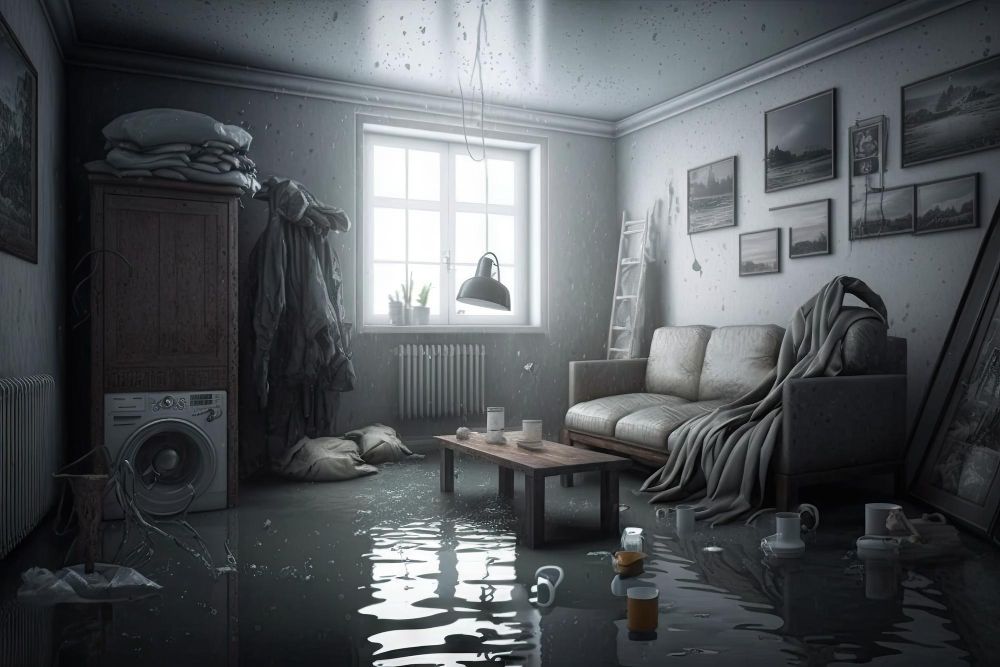
Water damage is a common and serious issue that can affect any property, whether due to natural disasters, plumbing failures, or accidental leaks. Dealing with water damage can be overwhelming, and it's essential to have the right information to take swift and effective action. To help you navigate this challenging situation, we've compiled a list of frequently asked questions about water damage.
1. What Are the Most Common Causes of Water Damage?
Water damage can occur for a variety of reasons, including:
- Burst Pipes: Pipes can burst due to freezing temperatures, aging, or corrosion, leading to significant water damage.
- Leaking Roofs: Heavy rains, storms, or damaged roofing materials can cause water to seep into your home.
- Appliance Malfunctions: Washing machines, dishwashers, and water heaters can malfunction and cause flooding.
- Sewage Backups: Blocked or damaged sewer lines can lead to sewage backups, which not only cause water damage but also pose health risks.
- Natural Disasters: Floods, hurricanes, and other natural disasters can lead to extensive water damage.
2. How Quickly Should I Respond to Water Damage?
Immediate action is crucial when dealing with water damage. The longer water sits, the more damage it can cause. Within just 24-48 hours, standing water can lead to mold growth, structural damage, and deterioration of materials. Contact a professional water damage restoration service as soon as you notice any signs of water damage.
3. What Are the Signs of Water Damage?
Some signs of water damage are obvious, while others may be more subtle. Look out for the following indicators:
- Discoloration: Stains or discoloration on walls, ceilings, or floors.
- Warping: Warped or buckled flooring or walls.
- Musty Odors: A persistent musty smell can indicate mold growth due to water damage.
- Peeling Paint or Wallpaper: Water can cause paint and wallpaper to peel or bubble.
- Visible Mold: Mold growth, especially in damp or hidden areas, is a clear sign of water damage.
4. Is Water Damage Covered by Insurance?
Whether water damage is covered by insurance depends on the cause of the damage and your specific policy. Generally, sudden and accidental water damage, such as from a burst pipe, is covered by most homeowners' insurance policies. However, gradual damage, such as slow leaks, may not be covered. Flood damage typically requires separate flood insurance. It’s essential to review your policy and speak with your insurance provider to understand your coverage.
5. Can I Handle Water Damage on My Own?
While minor water damage, such as a small spill or leak, can sometimes be handled on your own, significant water damage requires professional intervention. Professionals have the equipment and expertise to thoroughly dry and restore your property, preventing further damage and mold growth. Attempting to handle large-scale water damage on your own can lead to incomplete drying and hidden issues that may worsen over time.
6. How Long Does Water Damage Restoration Take?
The time it takes to restore water damage varies depending on the extent of the damage. Minor cases may be resolved within a few days, while more severe damage could take several weeks. The restoration process includes water extraction, drying, dehumidification, cleaning, and repairing or replacing damaged materials. A professional restoration company can provide a more accurate timeline after assessing the damage.
7. What Should I Do While Waiting for Professional Help?
While waiting for professional help to arrive, there are a few steps you can take to minimize the damage:
- Turn Off the Water Source: If possible, stop the source of the water to prevent further flooding.
- Turn Off Electricity: If water is near electrical outlets or appliances, turn off the electricity to prevent electrical hazards.
- Remove Valuables: If safe, move valuable items, such as electronics, important documents, and furniture, to a dry area.
- Avoid Standing Water: Do not walk through standing water, especially if it's near electrical outlets or appliances.
8. What Are the Long-Term Effects of Water Damage?
If not properly addressed, water damage can lead to several long-term issues, including:
- Mold Growth: Mold can begin to grow within 24-48 hours of water exposure and can cause health problems.
- Structural Damage: Prolonged exposure to water can weaken the structural integrity of your home, leading to costly repairs.
- Decreased Property Value: Unresolved water damage can lower the value of your property and make it difficult to sell.
- Health Risks: Mold, mildew, and bacteria from water damage can cause respiratory issues and other health problems.
9. How Can I Prevent Water Damage in the Future?
Preventing water damage involves regular maintenance and vigilance. Here are some tips to help you avoid future water damage:
- Inspect Your Roof: Regularly check your roof for missing or damaged shingles and repair any issues promptly.
- Maintain Your Plumbing: Inspect pipes for leaks, and have any issues repaired immediately.
- Clean Gutters and Downspouts: Keep gutters and downspouts clear of debris to prevent water from overflowing and causing damage.
- Install a Sump Pump: If you live in an area prone to flooding, consider installing a sump pump in your basement to prevent water buildup.
- Monitor Appliances: Regularly check appliances for leaks and maintain them according to the manufacturer's instructions.
Water damage can be a daunting challenge, but with the right knowledge and professional help, you can effectively manage and mitigate the damage. By understanding the causes, signs, and steps to take in the event of water damage, you can protect your property and ensure a swift recovery. If you experience water damage, don’t hesitate to contact a professional restoration service to restore your home or business to its original condition.
